Boxing Cat delivers winning blow for China's microbreweries
Updated: 2016-08-20 01:08
By Alywin Chew in Shanghai(China Daily USA)
|
|||||||||
Eight years of hard work paid off earlier this year for Shanghai-based Boxing Cat Brewery as they had the honor of winning a medal in the 2016 World Beer Cup, widely regarded as the most prestigious competition of its kind in the world.
Held in Philadelphia, Pennsylvania on May 6, the competition welcomed 6,596 beer entries from 1,907 breweries in 55 countries, and Boxing Cat's craft lager, called the Ringside Red, took home the silver medal in the American-Style Amber Lager category, beating 58 other contestants.
While large Chinese breweries, such as Hainan Asia Pacific Brewery Co and Guangzhou Brewery, have won medals from the competition before, Boxing Cat is the first microbrewery from China to have done so.
As its name suggests, microbreweries are much smaller operations compared to their large corporate counterparts and are independently owned. Microbreweries also tend to be more experimental with their creations.
Kelley Lee, the co-founder of Boxing Cat, said that the achievement was a vindication of her team's perseverance in championing craft beer since the brand's inception in 2008.
Though the brewery has earned itself the reputation for being China's most bemedalled microbrewery with a slew of awards in other international competitions, Lee considers this latest achievement the most significant of all.
"It's really quite a big deal for us. This is the first time a craft beer brewery in China has won an award in the Beer World Cup, the most competitive and prestigious craft beer competition in the world. Most attendees at the conference were very surprised when they heard a Chinese microbrewery being announced as a winner," quipped the 39-year-old restauranteur.
According to Lee, the first Boxing Cat Brewery branch in Shanghai's Minhang district was not well received as the area was dominated by families. However, the management decided to press on, opening another branch on Yongfu Road a couple of years later even though they were losing money.
Though the Los Angeles native and her business partners closed down the Minhang branch a few years ago, Boxing Cat today has three other branches in the city. Having produced just 2,000 liters a month when it first started, Boxing Cat Brewery now produces 18,000 liters to satiate a growing thirst for craft beer.
While this steady expansion of the business reflects the growing popularity of craft beer, Lee said that the scene in China is still in its infancy.
One of the main obstacles to the growth of the industry is governmental regulations. According to Lee, craft beer establishments can only serve their beers if they are brewed on the premises. In order to sell craft beers outside of the place they are produced, another licence is needed.
In addition, government regulations stipulate that a brewery cannot obtain a licence to sell bottled beer unless it can produce 12,000 bottles an hour. For small businesses like microbreweries, this is an almost impossible task to accomplish.
These factors have resulted in an underdeveloped industry where key ingredients for craft beers, such as hops and yeast, are hard to procure. Some of the craft beer breweries in Shanghai are known to have to resort to hand-carrying batches of yeast from abroad into the city.
According to Lee, Boxing Cat's creations received a lukewarm response when the brewery first opened. As craft beer breweries typically use more hops — the ingredient that makes beers bitter or sour — in the brewing process, its beers are usually more intense in flavor compared to the industrialized options. As such, local customers were initially put off by "the weird and bitter taste" and how "it smells so perfumed".
"Of course, there were those who thought that our craft beers were delicious, but they didn't understand it at all. Some would drink our beers as if they were drinking the mass produced lagers, and they got drunk very quickly," laughed Lee.
"Customers now are a lot more open about trying craft beers. A lot of young Chinese want to experiment."
Eager to tap into the growing trend and raise more awareness about craft beer, Lee and her business partners opened Liquid Laundry Kitchen and Brew in downtown Shanghai in 2014.
Besides a selection of beers from Boxing Cat, the gastropub also stocks an extensive selection of labels from home and abroad, including the much lauded creations by Beijing brewery Jing-A as well as award-winning craft beers from countries such as the United States, Norway and New Zealand.
Looking ahead, Lee said that her efforts will be focused on generating more hype for craft beers via collaborations with other businesses such as specialty cafes. Its collaborations include using dianhong black tea from Yunnan province to brew an amber ale in partnership with Beijing's Great Leap Brewing.
"I'm not just a champion for craft beer but a champion for Chinese craft beer. I want to show people around the world that we're a country that can make unique and amazing craft beers with local ingredients and local talent," said Lee.
- International trade corridor tested
- Netizens go crazy for beautiful young doctor who helps woman give birth in shopping mall
- Organ harvesting rumors slammed
- Beijing to try out 5G in key areas by 2020
- Nation's next generation of missiles to be highly flexible
- Li urges top advisers to rely on broad vision
- Malaysian authorities say ship carrying diesel hijacked
- Army commander: THAAD would 'easily affect' China-US ties
- Twin panda cubs confirmed born in Vienna zoo
- Four killed in boat collision in Greece
- Premier Li to receive Aung San Suu Kyi
- S Korean president names 3 new ministers for partial reshuffle
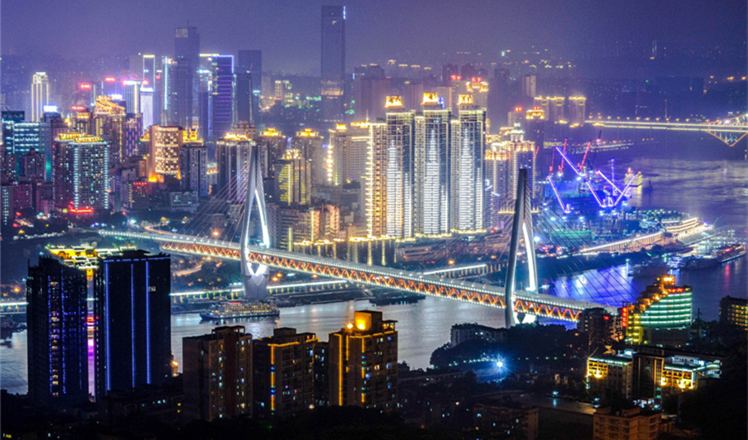
 Top 10 cities with highest GDP in H1
Top 10 cities with highest GDP in H1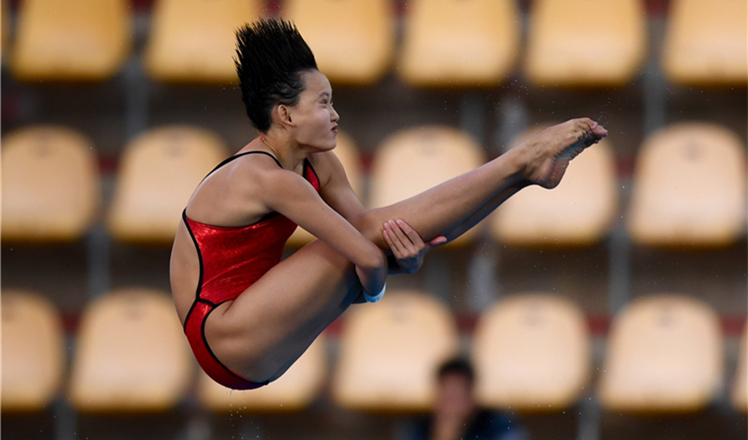
 Chinese teenagers take gold, silver on 10m platform
Chinese teenagers take gold, silver on 10m platform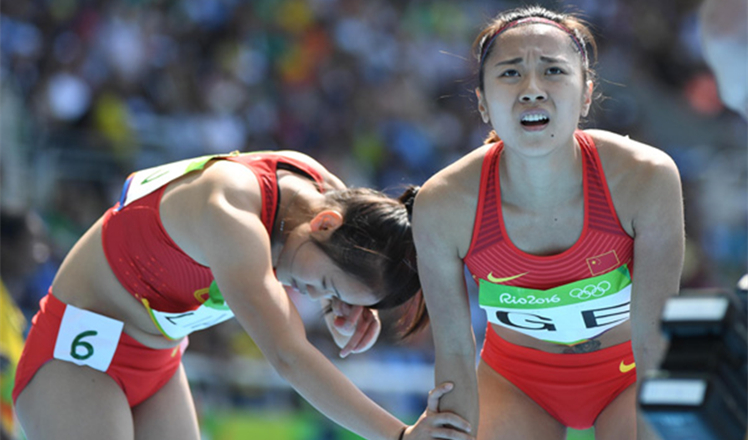
 US granted re-run to send China out of relay race
US granted re-run to send China out of relay race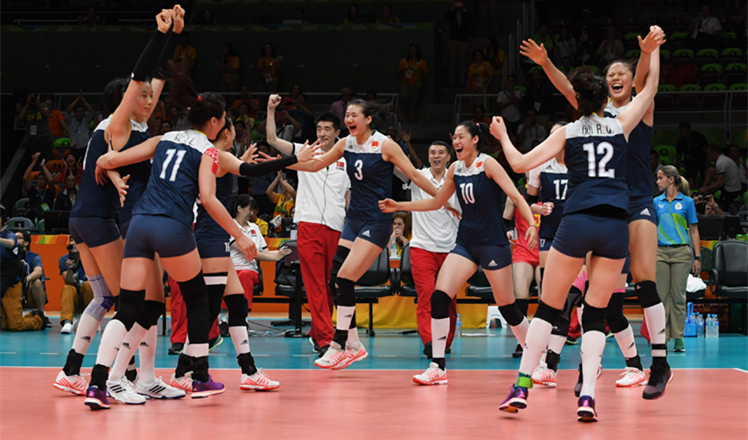
 China inches toward gold after beating Netherlands
China inches toward gold after beating Netherlands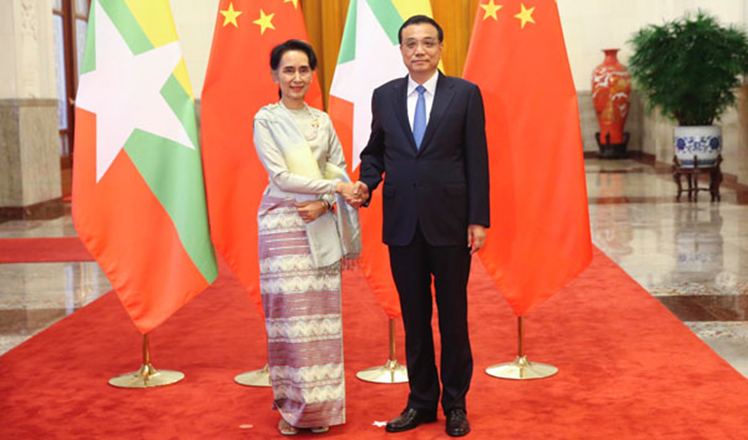
 Premier Li welcomes Aung San Suu Kyi
Premier Li welcomes Aung San Suu Kyi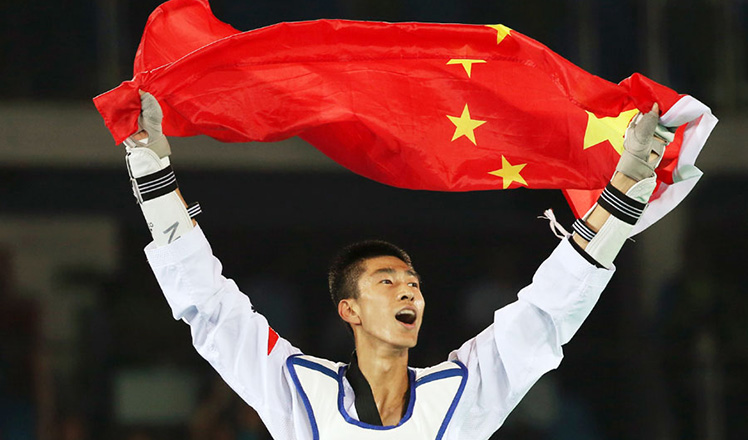
 Zhao wins China's first gold medal in men's taekwondo
Zhao wins China's first gold medal in men's taekwondo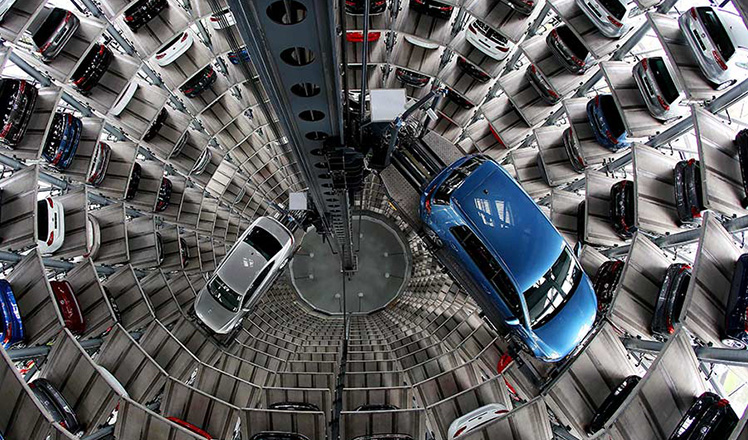
 World's top 10 innovative economies
World's top 10 innovative economies
 Dancing, food and religion, all in a Xinjiang wedding
Dancing, food and religion, all in a Xinjiang wedding
Most Viewed
Editor's Picks

|

|

|

|

|

|
Today's Top News
Trump outlines anti-terror plan, proposing extreme vetting for immigrants
Phelps puts spotlight on cupping
US launches airstrikes against IS targets in Libya's Sirte
Ministry slams US-Korean THAAD deployment
Two police officers shot at protest in Dallas
Abe's blame game reveals his policies failing to get results
Ending wildlife trafficking must be policy priority in Asia
Effects of supply-side reform take time to be seen
US Weekly

|

|









